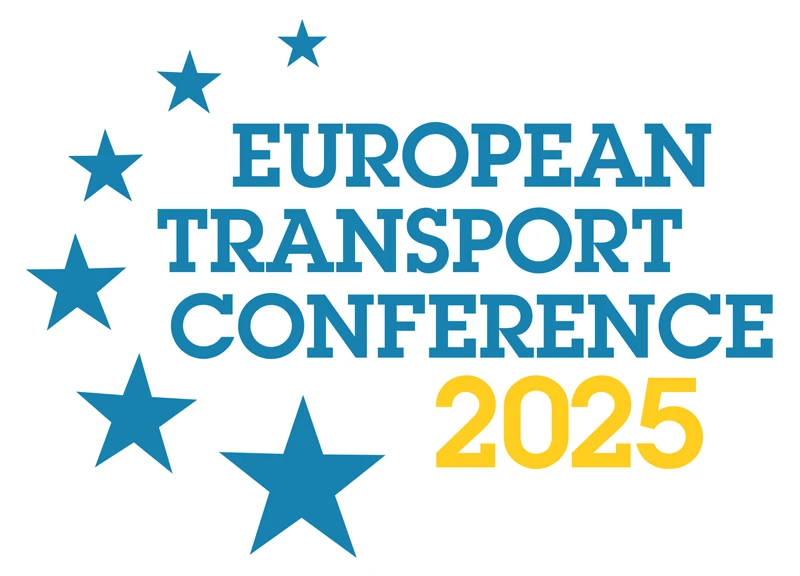-
Past ETC Papers

Browse, search and view papers from the past AET Conferences.
-
Members' Area

AET promotes networking and exchange of ideas, information and opportunities amongst members.
ETC Conference Papers 2010
Glasgow, United Kingdom
ETC Conference Papers 2010
A healthy food physical accessibility standard and its implications for transport, spatial planning and public health.
Seminar
Day 1 (11 Oct 2010), Access to Health, Planning Accessibility to Services, 11:00 - 13:00
Status
Accepted, awaiting documents
Authors
S Wixey, JMP Consultants Ltd, UK;, D Elliott, Department of Health West Midlands, UK; A Blair, Sandwell Food Policy Team, UK
Short abstract
This paper provides an overview of the results of a research project that examined the development of a healthy food physical accessibility standard for the West Midlands region.
Abstract
In response to changing global environmental and market trends, access to healthy food initiatives will form an important element in many future accessibility and land use planning strategies, in both urban and rural areas. Equally prevalent is the need to encourage people to embrace healthier lifestyles with improved diets and increased levels of physical activity. By enabling physical access to healthy food, both food security and healthy lifestyles can be improved.
Within the West Midlands, the accessibility agenda is firmly accepted to be a shared priority between the transport and health sectors, local authorities and regional policymakers. The benefits of partnership working across these sectors include: better public health, community regeneration, reduced social exclusion, reduced traffic congestion, stable economics and an improved local environment. The UK Government Office for the West Midlands (GoWM) commissioned the development of a physical accessibility standard for accessing healthy food outlets across its region. The standard, ?Percentage of households within 20 minutes by walking, cycling or public transport of a place where fruit and vegetables are sold?, is a practical tool that is designed to be used by local authorities to assist in undertaking local accessibility assessments and developing access solutions. The research underpinning the standard has policy implications for future transport, spatial planning and public health policies. It was developed for use within the next phase of local transport plans and regional strategies as a means of encouraging residents, as well as people visiting and working in the region, to adopt healthier lifestyles.
From the literature review, market research and focus groups that were undertaken as part of the research, it was apparent that some particular groups have more difficulty than others when accessing healthy food. Older people and people with disabilities are particularly reliant on other people to provide them with food or to provide transport for them to access food shops. People travelling with young children who did not have regular access to a car were another group that found it relatively difficult to access food shops. Talking to these groups of people emphasised the importance of the role of specialist transport (e.g. community transport) and home delivery in meeting food access needs and such services should not be overlooked when formulating access solutions. The focus groups also highlighted what factors affect the decisions that people take when deciding on where to shop for food. For people on low incomes, the offers on non-food products such as nappies were often the main motivator for using a particular outlet. Other factors that affect choice include overall value for money, distance from home and the presence of other services in or near the shop (pharmacy, Post Office etc).
This paper provides an overview of the research including: a review of the evidence base; results of the region wide mapping exercise using quantitative (analysis of datasets and GIS mapping) and qualitative (stakeholder interviews, market research surveys and focus groups) evidence; and the key overall findings of the study. The paper concludes that a shift in thinking is required to ensure that healthy lifestyles are holistically promoted through partnership working between the public health, retail, transport and spatial planning sectors.
Documents:
No documents yet.
Association For
European Transport
Forester House
Doctors Lane
Henley-in-Arden
Warwickshire, UK
B95 5AW
+44 (0) 15 64 793552
VAT number: 710 1866 64
Conference Supporters & Endorsers




Legal Entity
The Association for European Transport is registered as an Association ('vereniging') with the Chamber of Commerce for Haaglanden in The Netherlands under company number 27170096.
Built on Zenario




